By Chamber, by Orchestra (Duo Parnas)
Written by Staff on June 8, 2020
Classical performance is unlike any other. Many of the music we showcase here surfs waves of watts and the angst that scratches at the bonds of polite society, classical is often depicted as the pinnacle of said society. But you need only scratch the veneer of its movements and measures to see that classical composition is a tsunami that dredges the depths of human experience.
Madalyn Parnas Möller and Cicely Parnas make up Duo Parnas, and with their violin and cello, respectively, they’ve been a tidal force all their own, traveling the world, performing in some of the most stunning places imaginable. And yes, they know how to get to Carnegie Hall.
I sit down with the Duo, and we talk through instruments.
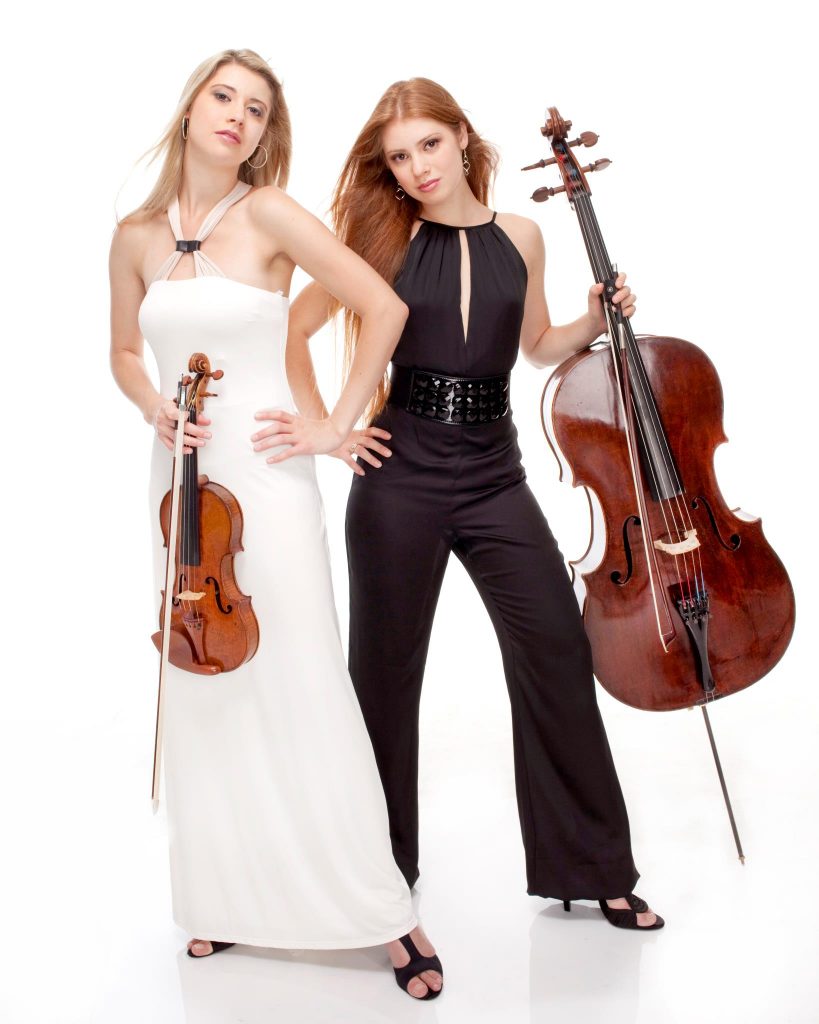
Photo by Michael Polito Photography.
RRX: One thing that I’ve noticed about classical composition, and it was something that I saw in particular in a video of a performance, is that you aren’t just playing a piece by a composer; you’re opening a window into that composer’s era. Very different than, say, the history of a rock song. Can the music survive apart from its history in your opinion? If so, what changes?
MPM: Yes, it can! This music has the power to move and inspire you whether you’re a professional or you’ve never heard a violin before. Plus, as cliché as it sounds, it’s important to remember that Mozart and Beethoven used to be the pop music of a different time. The classical composers who we view as remote, artistic demigods were, in reality, imperfect human beings just like us who struggled to navigate their time in history, their cultural context, and their personal circumstances. As a result, if you believe in the timelessness of the human experience, their music is honest to their reality and, therefore, very relevant to our own. As long as we are willing to listen, their voices will still speak.
RRX: You play on a 1715 Alessandro Gagliano violin and 1712 Giovanni Grancino cello. I know that this transcends the value of the pieces; these instruments have a genealogy, of owners, the songs they’ve played, why they played those songs and the world that they were living in. Do you ever feel their “weight” in that regard?
MPM: Such an interesting question! While I often daydream about who might have played my violin in past centuries, no, I don’t experience much “weight” when it comes to considering its genealogy. However, this is most likely because I don’t know its full history and because, if I did, it might be too much to bear; if you told me that my violin had been used in the orchestra that premiered Beethoven’s 5th Symphony or was held in the hands of Paganini, then I might never have the guts to hold it again myself!
RRX: Your grandfather is legendary cellist Leslie Parnas. We’ve interviewed a few people who’ve had very well-known parents, like Dweezil Zappa and Murali Coryell. Inevitably the question is asked about filling big shoes. With classical, there’s such a volume of work to learn, I can imagine. Is it a lot to live up to?
MPM: Yes, it can be a crushing weight to live under, especially when you are young and don’t have full agency over your own life yet. In many ways, real or imagined, it seems unclear whether the merit of your achievements belong to “the person” or yourself. On the other hand, fifteen years of experience and soul-searching later, I can say it is one of the greatest gifts that I’ve been given – to have this family member whose passion for excellence and singular devotion to the craft has inspired and elevated my senses in ways that are truly powerful.
RRX: Madalyn, you play the violin, and Cicely, you play the cello. Something I’d always admired about instruments like those, and I would include drums in this, is that you are really playing two instruments, the instrument, and what you use to play the instrument. Do you view the violin/cello and their bows as two instruments joining forces?
CP: I had never thought of it like that! I think I tend to think of the bow and the instrument as one, as my goal is to make them both just a physical extension of myself. And when we play together, my goal is to make the two voices sound like one.
RRX: You are soloists; you perform recitals, and in world-renown orchestras. It would seem to me like the mindset that goes into each would be different, but music is so transcendent, that maybe it’s a singular passion that drives all performance. But are there differences that you “prep” your minds for when it’s just you before a big crowd?
CP: Definitely. There’s a lot of psychology that goes into performing, much like in sports. You have one shot to do the best job you’ve ever done, and I’ve found that the best way to prepare is to have a calm, centered mind. I use a lot of breathing, meditation, and visualization techniques before going on stage. I tend to be a lot calmer when I’m performing with other people, though!
RRX: Being a part of, say, a 60-piece orchestra boggles my mind, the sheer organization that has to happen. And, really, a testament to the power of collective effort, playing maybe one small melodic line to perfect time as a whole universe of music is exploding around you. What is a life lesson that you’ve learned from an orchestra?
MPM: I have learned the lesson of humility by playing in orchestras. When you perform as a soloist and a chamber musician, you strive to play well because you are invested in yourself; when you play in orchestra, you strive to play well because you are invested in everyone else. It can be difficult to relinquish your individual artistic freedom when you take your seat in the orchestra, especially when you expend so much daily effort on developing your own musical voice. But the truth is, when else are you going to flex your musical teamwork muscles? I don’t think there is anything more unifying than hearing the low rumble of a whole orchestra tapping their feet in collective encouragement and applause of the guy who played a great clarinet solo during rehearsal.
RRX: Composition is something I love, though utter novice I am. But the reality of composition, from me on my multi-track to you, is the difference between a good idea and a finished novel. Can you take us through an average night of composition? What are the standard beverages, what are the tools of the trade? Any rituals or superstitions?
CP: Right now I’m learning how to compose even when I’m not in my ideal mental state. I used to write only if inspiration struck, but I think a true skill is learning how to pull inspiration from everywhere at any time. But I never do it on an empty stomach, that’s for sure! I just end up making melodies to the words, “I’m so hungry.”
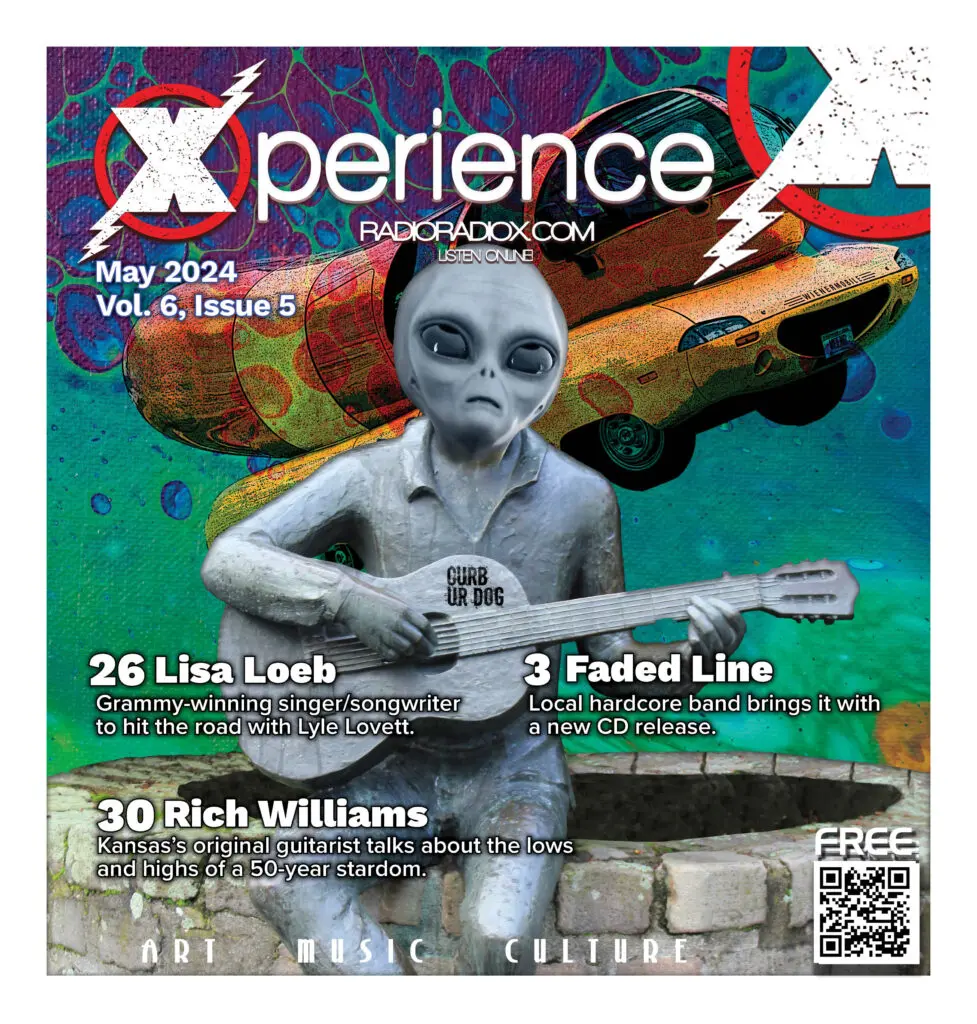
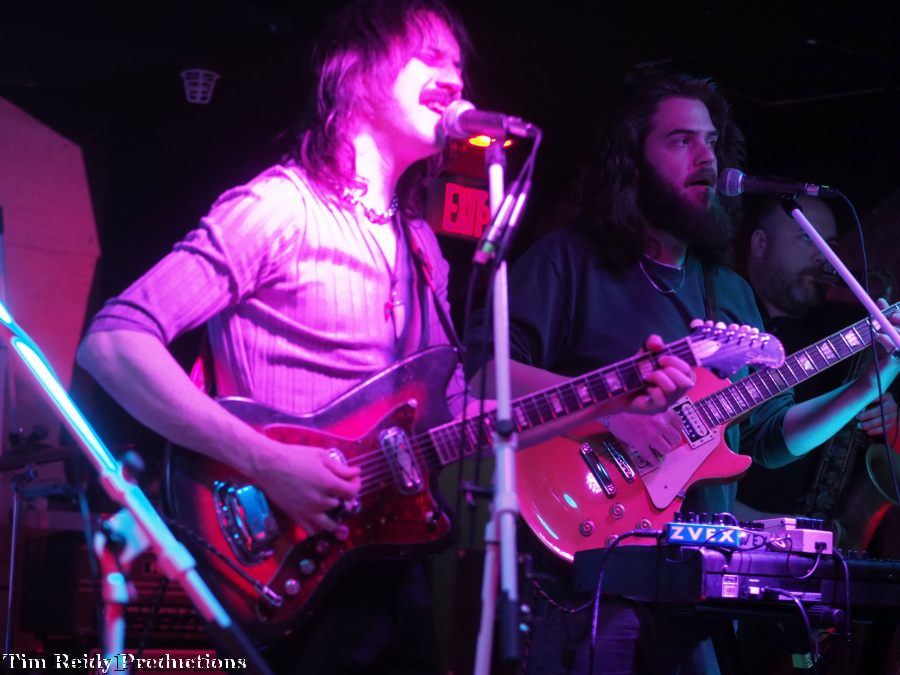
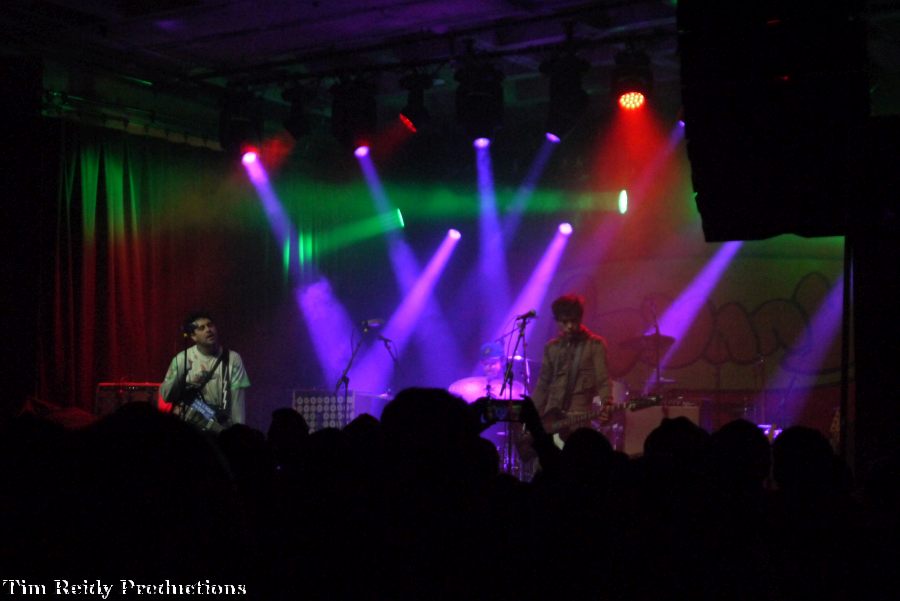
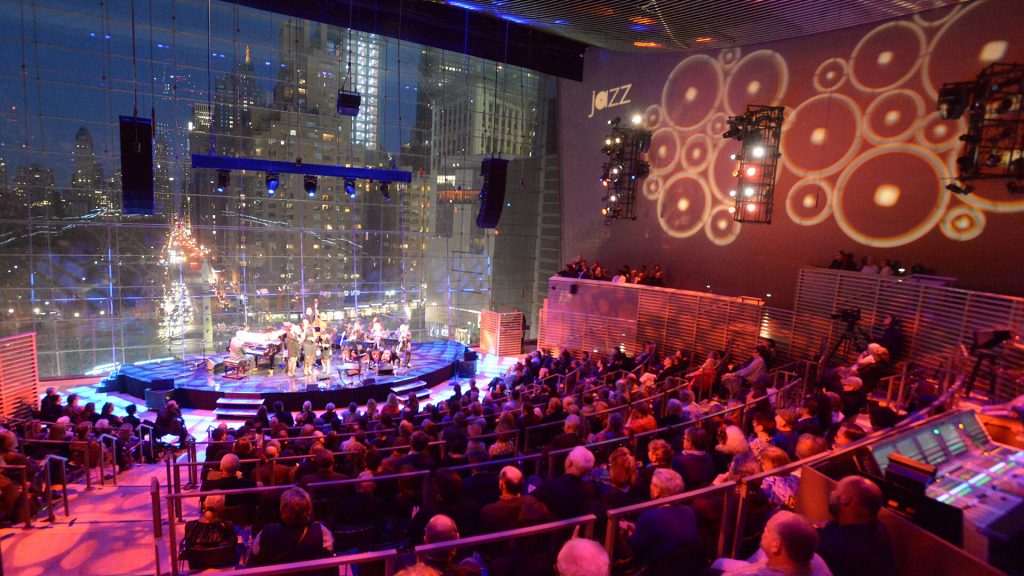
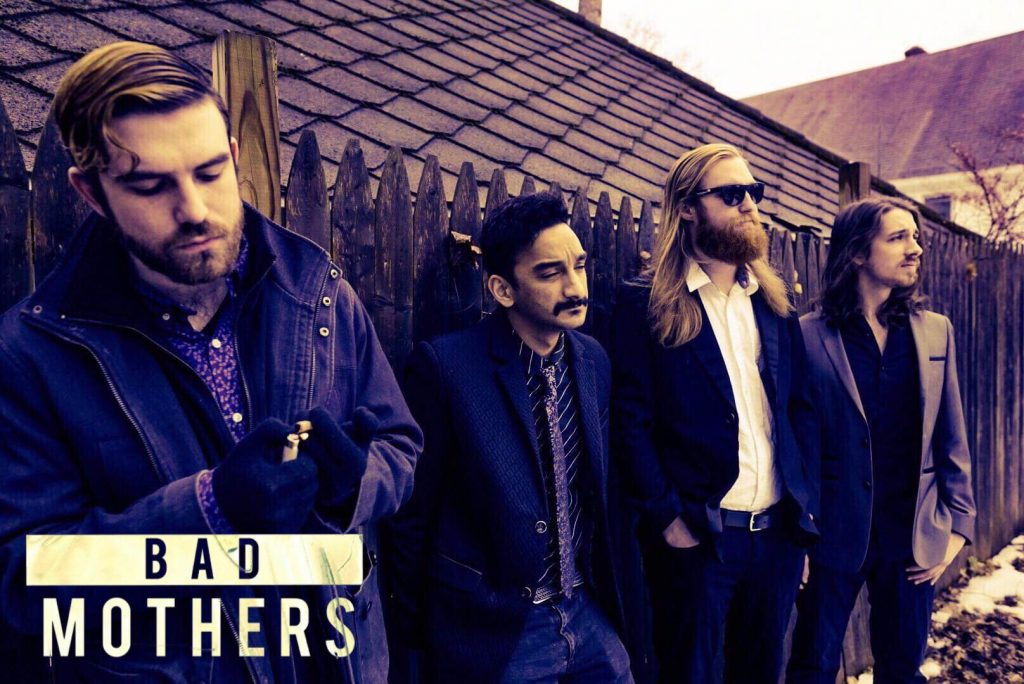
 RadioRadioX
RadioRadioX